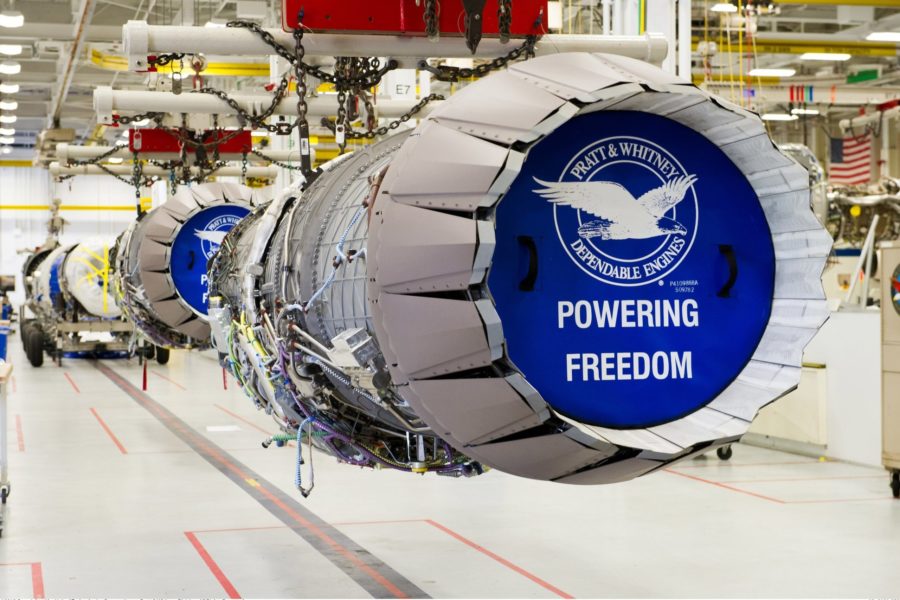The finalized Lot 18 and 19 contracts for the F-35’s F135 engines have been delayed six months to early 2026, the Joint Program Office told Air & Space Forces Magazine. It did not elaborate on what’s causing the delay or whether it would affect production of completed F-35 jets. RTX’s Pratt & Whitney unit makes the F135 engine.
“We plan to definitize Lot 18 and award the Lot 19 contract for engines in spring 2026,” a JPO spokesperson said Oct. 2. In June, the JPO said it expected a “handshake deal” on the final engine production deals this fall.
The pattern follows that for contracts with Lockheed Martin for the airframes in the two lots, which were definitized and awarded last week, respectively. While a “handshake deal” on the airframes was struck in November 2024—after several years of negotiations—the definitized contracts slipped first to the spring, then summer, then finally the end of the fiscal year.
The JPO definitized the Lockheed Martin Lot 18 F-35 airframe contract last week and awarded the contract for Lot 19 airframes. The two actions, comprising nearly 300 airplanes, totaled more than $24 billion. However, those contracts don’t cover the engines, which are supplied to Lockheed by Pratt as government-furnished equipment. Until those contracts are awarded, it’s hard to determine how much the total cost of the F-35 is changing with these new contracts. The JPO said that the overall cost of the aircraft rose less than the price of inflation, but it did not provide unit costs for the three F-35 variants.
A Government Accountability Office report released last month noted that the timeliness of F135 deliveries has been worsening in recent years. The GAO said every one of the 123 F135 engines delivered in 2024 were late, which Pratt said was due to supply chain and production problems. The average delay was 238 days, the GAO reported.
The GAO said a restructure of how the government buys the engines may be warranted, noting that incentive fees that are supposed to reward on-time or early performance are being paid, even as deliveries continue to fall further behind. Pratt can earn a portion of the incentive fee even if an engine is delivered two months late, and the government should stop “rewarding” this behavior, the GAO said.
In June, the JPO said it “continues to work closely with Pratt & Whitney to finalize negotiations for Lots 18 and 19 propulsion systems. While it’s true that a formal agreement has not yet been reached, negotiations are active and progressing. The F-35 JPO’s goal remains to deliver a fair and equitable deal for the government and industry that maintains cost and schedule discipline.”
Pratt is also working to develop the Engine Core Upgrade, a mid-life improvement of the F135 intended to increase both performance and availability, but it’s not clear whether the progress of that effort is tied to the Lot 18 and 19 production work.





